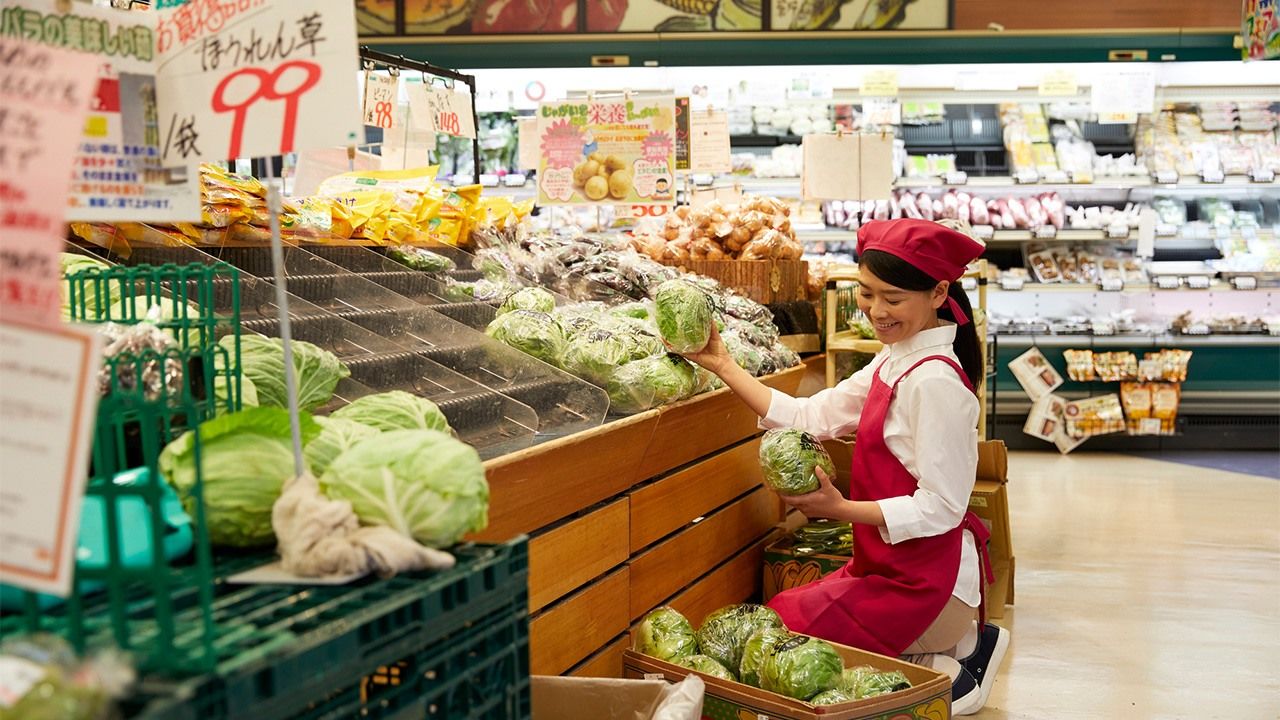
Life Under Japan’s State of Emergency: What Will Change?
Lifestyle Society
As part of measures to contain the coronavirus, Prime Minister Abe declared a state of emergency in Japan’s major urban areas.
- English
- 日本語
- 简体字
- 繁體字
- Français
- Español
- العربية
- Русский
On April 7, Prime Minister Abe Shinzō declared a state of emergency in Tokyo, Kanagawa, Saitama, Chiba, Osaka, Hyōgo, and Fukuoka. It will remain in place in these seven prefectures until May 6. Noting that individual efforts will play an important part in preventing the further spread of COVID-19 infections, the prefectural governors have called on residents to remain at home. However, authorities have said that essential businesses and services will continue to operate and people may go outside to shop for necessities like groceries and to exercise.
Essential businesses and services that will continue as before:
| Electricity, gas, water, communications |
| Hospitals, pharmacies |
| Supermarkets, convenience stores, and drugstores |
| Trains, buses, taxis, airplanes (The rail network will run as normal with no major reduction in services, but some shinkansen services will be cut, particularly during the Golden Week holiday period in early May. Cancelations to air services have already been announced.) |
| Postal, delivery, and other distribution services |
| Banks, securities companies, and other financial institutions; stock exchanges |
Facilities asked to suspend service.
| Theaters, concert venues, movie theaters, and other entertainment facilities |
| Hotels, museums, libraries |
| Gyms, bowling alleys, skating rinks, golf driving ranges, batting centers, sports clubs |
| Cabaret clubs, nightclubs, karaoke parlors, pachinko parlors, amusement arcades |
What to do in specific situations.
| It is fine to go shopping for food, daily essentials, and medical goods, but residents are advised to go when stores are less busy. Experts recommend that people lining up, such as at cash registers, ensure there is some distance between themselves and other customers. Major supermarket and convenience store chains have announced they will operate as usual. Authorities have assured the public that food and other items will not run out and ask that residents shop only for what they need and not hoard. |
| When going to a medical clinic or hospital, go at a time when the waiting room is less crowded so as to lower the risk of contracting the virus. If symptoms are not urgent, monitor your condition before seeking medical attention. If you think you are infected with the coronavirus, first call the number below or another consultation hotline before seeking medical attention in person. The Japan National Tourism Organization has a hotline for speakers of English, Chinese, and Korean: 050-3816-2787 Click here for a list of hotlines in different prefectures. |
| Some residents will still need to travel to their place of work, but the government has urged people to work from home or to stagger their commuting times, and to avoid crowds and to keep their distance from others while commuting and working. |
| Exercise like walking and jogging is considered a necessary activity, but it is best to exercise alone and to avoid crowded times and places to lower the risk of the virus spreading. |
| There have been reports of city residents spreading the virus in other prefectures when traveling on business or to visit family. In part because many rural communities have older populations that are at higher risk if COVID-19 spreads in those areas and less robust medical systems to handle an outbreak, city residents are asked to remain in urban areas. |
(Translated from Japanese. Banner photo © Pixta.)